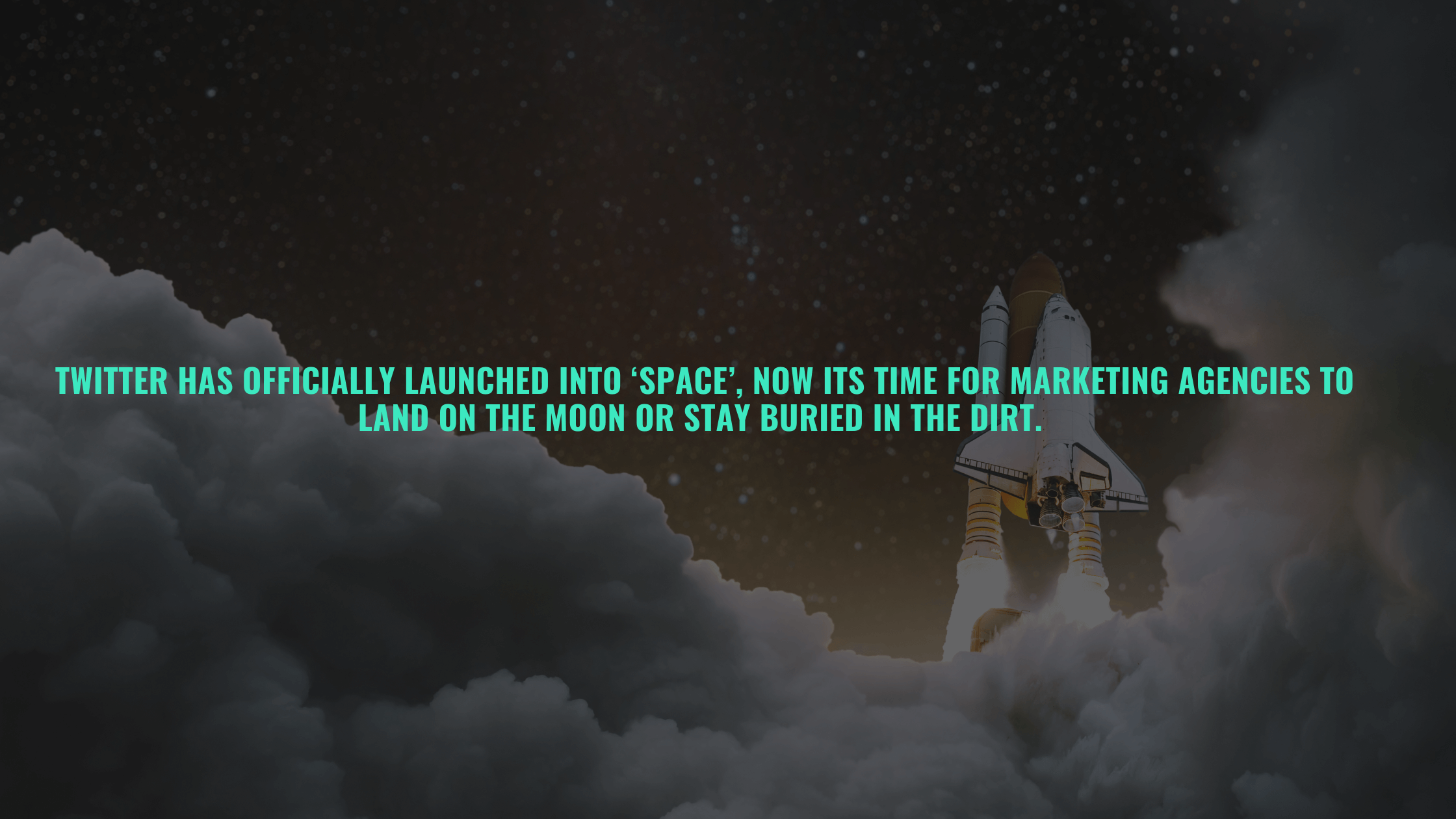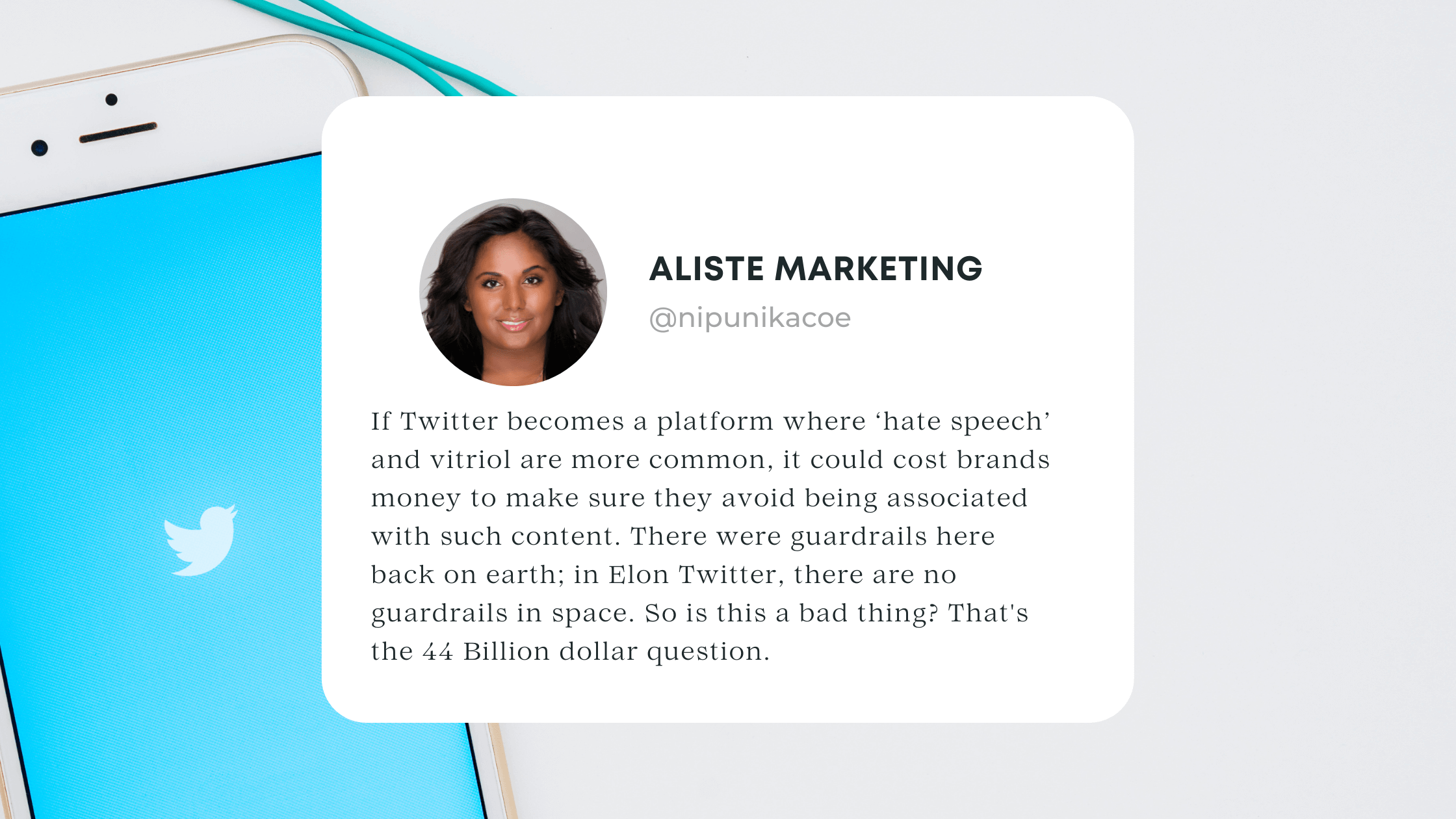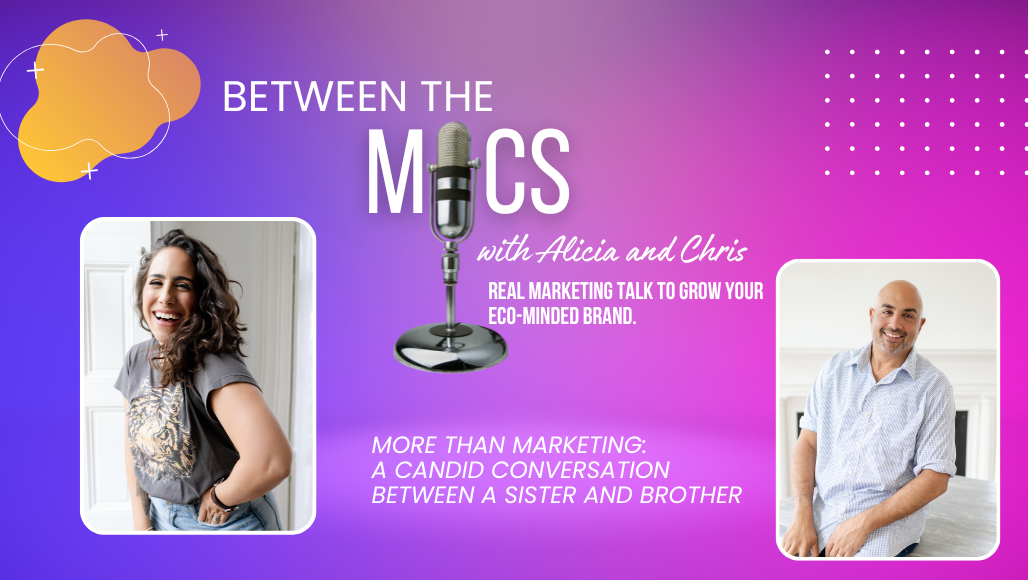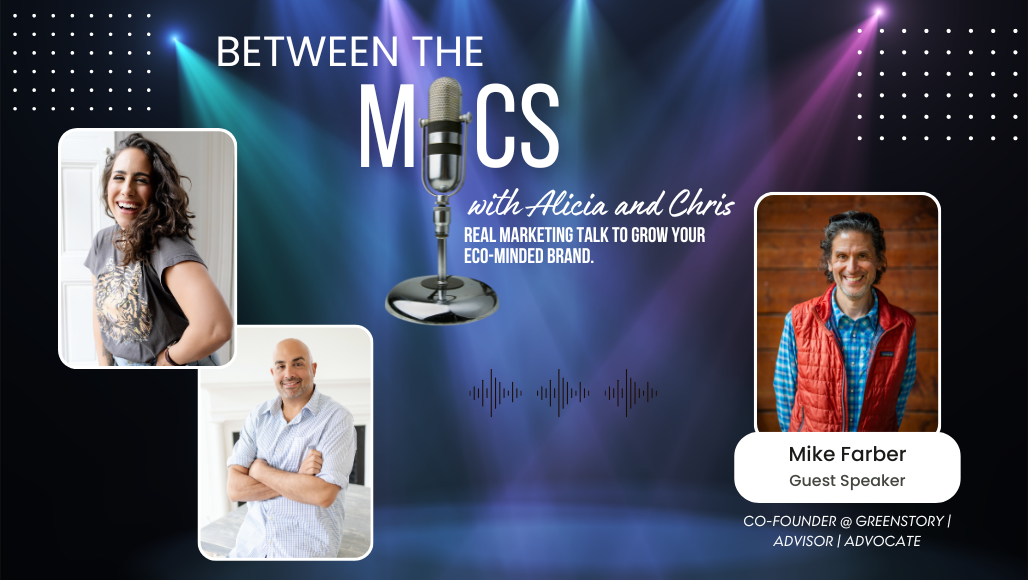If you’re a marketer, there’s a good chance you’re familiar with Twitter. (One would hope) And with Twitter comes Elon Musk, quite literally. The billionaire entrepreneur and CEO of Tesla Motors and SpaceX is well-known for his outspokenness on the social media platform. His tweets are often controversial and thought-provoking, garnering both praise and criticism from users.
When the news came out that Twitter accepted Elon Musks’ 44 Billion dollar offer to buy Twitter, I quickly messaged our team with the opening line, “Now that Elon Musk has bought Twitter like we would buy new shoes, what does this mean for our clients and other marketing agencies?”
We can dive deep into the messaging and conversation that Elon has led us into. Still, the bigger question is what his discussions will look like in the functioning of Twitter concerning marketing. That is the only way I could think of to get both sides of the story, the pros, the cons, the good, the bad, and somewhere in between is the truth.

Before we get to the moon, let’s go back to before Twitter launched into space:
It’s no secret that Twitter is a powerful platform for marketing. With over 330 million active users, Twitter provides businesses with a direct line of communication with their consumers.
When we look at the marketing and advertising eco-system, we have had our foot in the game of Twitter not because it was the most popular platform (because it wasn’t) but because with just 280 CLCs to get your point across, it packed a punch. It also allowed brands and marketing agencies to see what their consumers thought of the brand instead of telling them what to think. However, the critical difference is that some advertisers believe that this could negatively impact their brands. If Twitter becomes a platform where ‘hate speech’ and vitriol are more common, it could cost brands money to make sure they avoid being associated with such content. There were guardrails here back on earth; in Elon Twitter, there are no guardrails in space. So is this a bad thing? That’s the 44 Billion dollar question.
According to Twitter Business, Twitter was the #1 platform for brand interaction, but that was when brands knew the interaction was controlled.
Elon Twitter completely takes out the reasoning as to why Twitter’s Business Model knew it had to satisfy the environment most advertisers wanted. As always, it came down to revenue. Twitter’s current business model relies heavily on advertisements, which generated over $1.41 billion of the $1.57 billion in revenue during the last quarter of 2021 alone. In a now-deleted tweet by Elon Musk, he stated that there would be no ads under his vision and that Twitter would no longer be relying on advertising money as its primary source of revenue. Elon’s conversations around this topic all aim to target ads’ elimination to the biased editorial policy.
However, it doesn’t make sense for Elon to ban ads on Twitter because his leadership and policies for ‘Twitter on the moon’ could draw out a new type of advertisers, which would explain the reasoning behind deleting the tweet that stirred up fear among marketing and advertising professionals.
Which ultimately came down to these questions for our team:
- Should there be an immediate call to action for marketers to stop using Twitter or just a message to tread lightly?
- Do we need to inform our clients of this change and how their social media strategy could be impacted?
The change in how Twitter might operate has caused some concern among marketers, but it’s too early for them to take action. Our answer is, let’s wait and see. There will be many moving pieces, and unlike an algorithm, Elon Twitter has a lot of unknowns. In addition, with Twitter now being a private company, the control directly goes to Elon’s leadership, not the shareholders. Simply, the action is no action. Just as Elon’s now-deleted tweet caused fear in us, we don’t want to do the same to our clients if we bring concerning news that may or may not affect the KPIs and ROIs we intended.
We have to wait and see what policies will be changed, added, or eliminated by Elon Twitter and in response to congress. Brands should never put all eggs in one basket. A diversified social media strategy is critical, and companies should be prepared for anything. Even if all eyes, ears, and words are on one platform, it may not be your brand.
The bottom line is, It’s too early to make any assumptions or take drastic measures like pulling our paid media campaigns. We don’t know what the new Twitter will look like, but we do know that Elon Musk will heavily influence it. As his leadership takes over and the platform moves away from being a public company, things will change – and we want to be ahead of those changes so that our clients can continue to see success. Stay tuned for more updates as they become available.
What are your thoughts on the future of Twitter?



